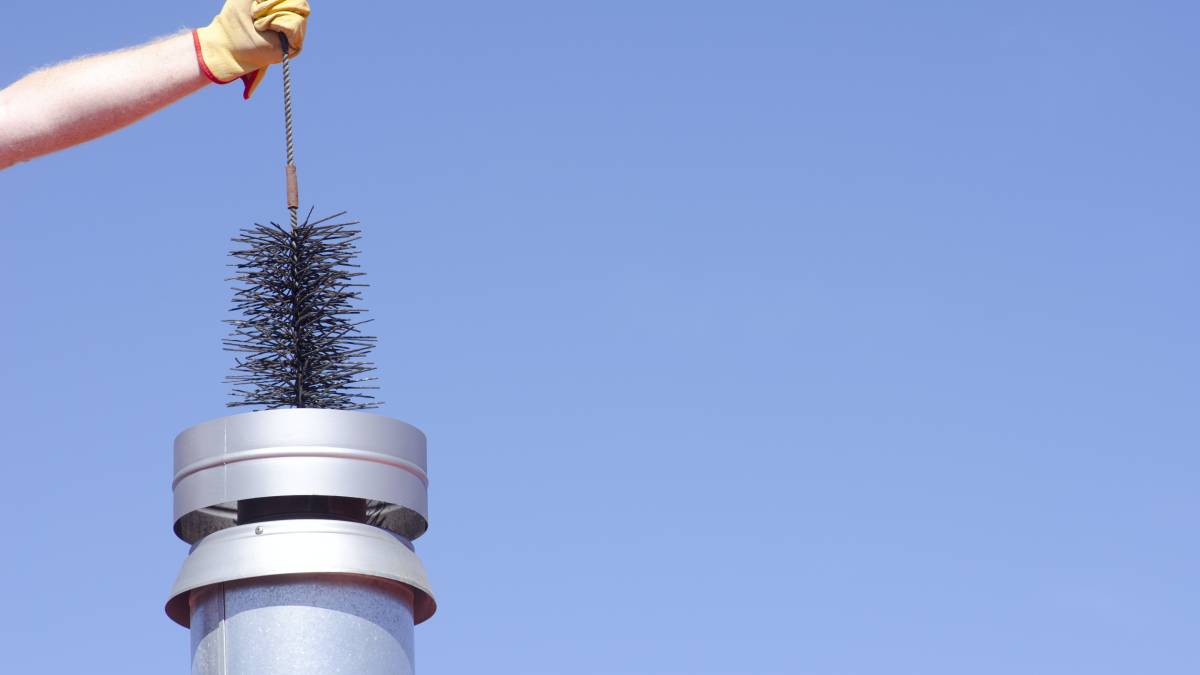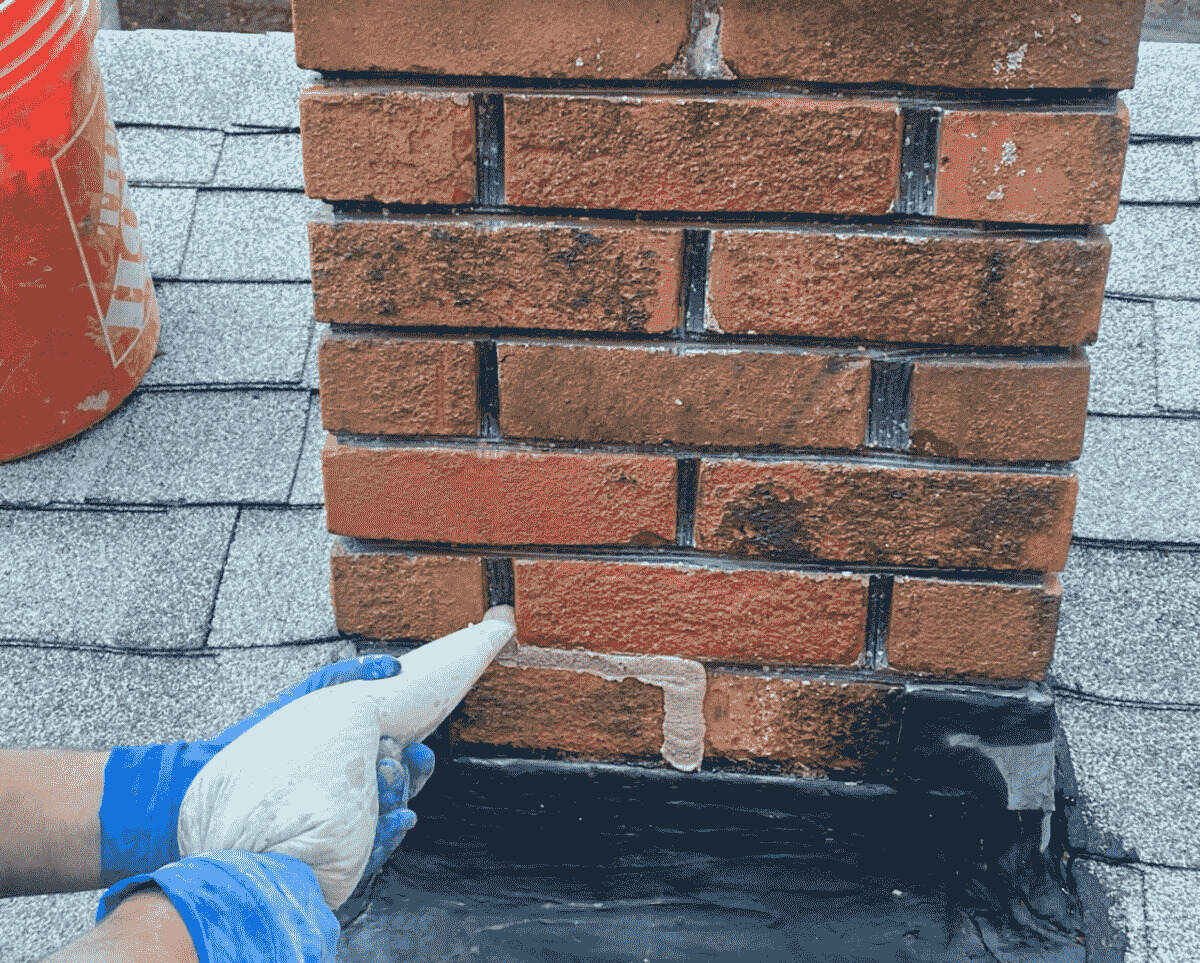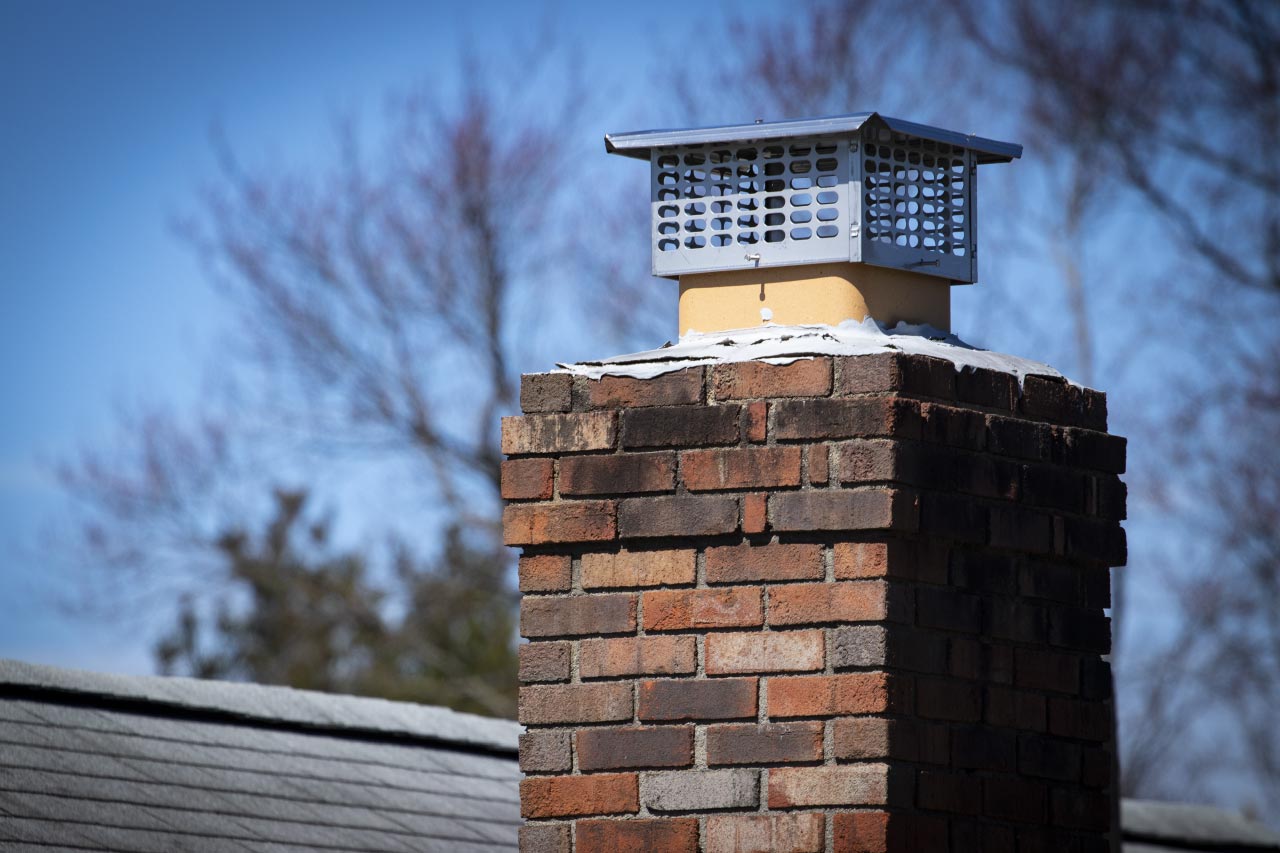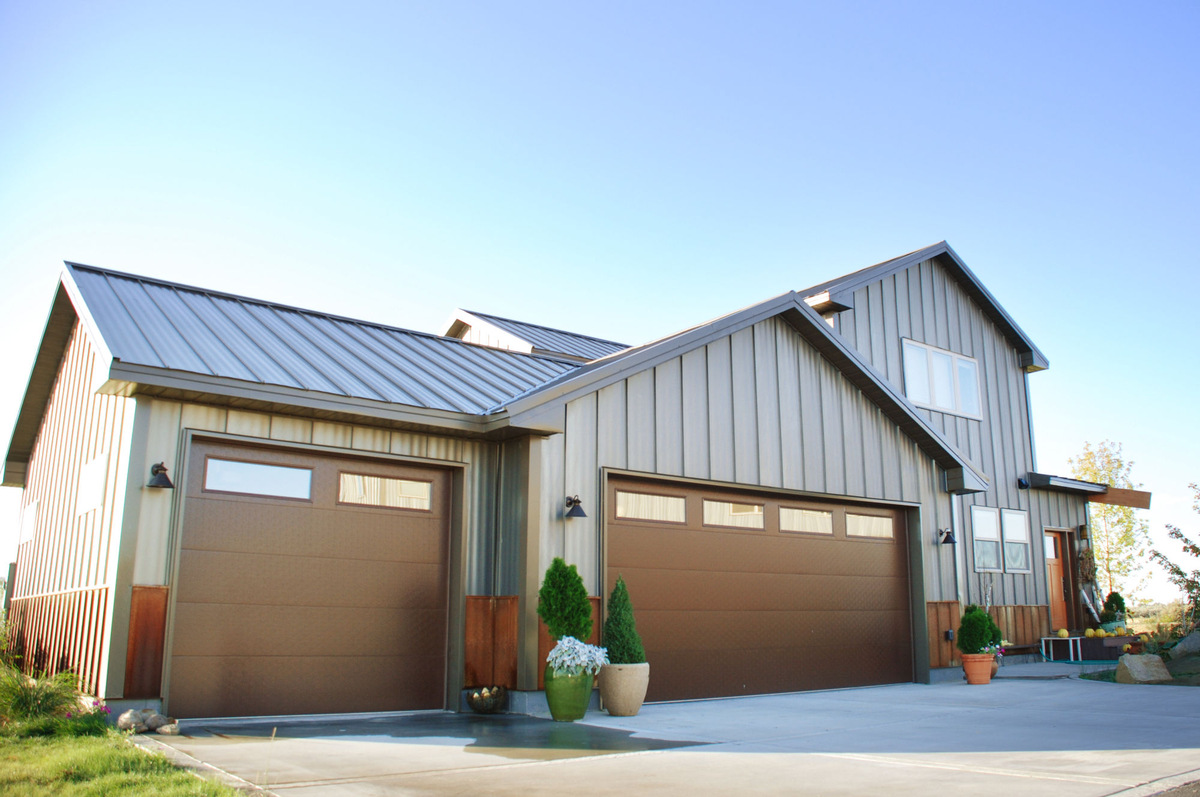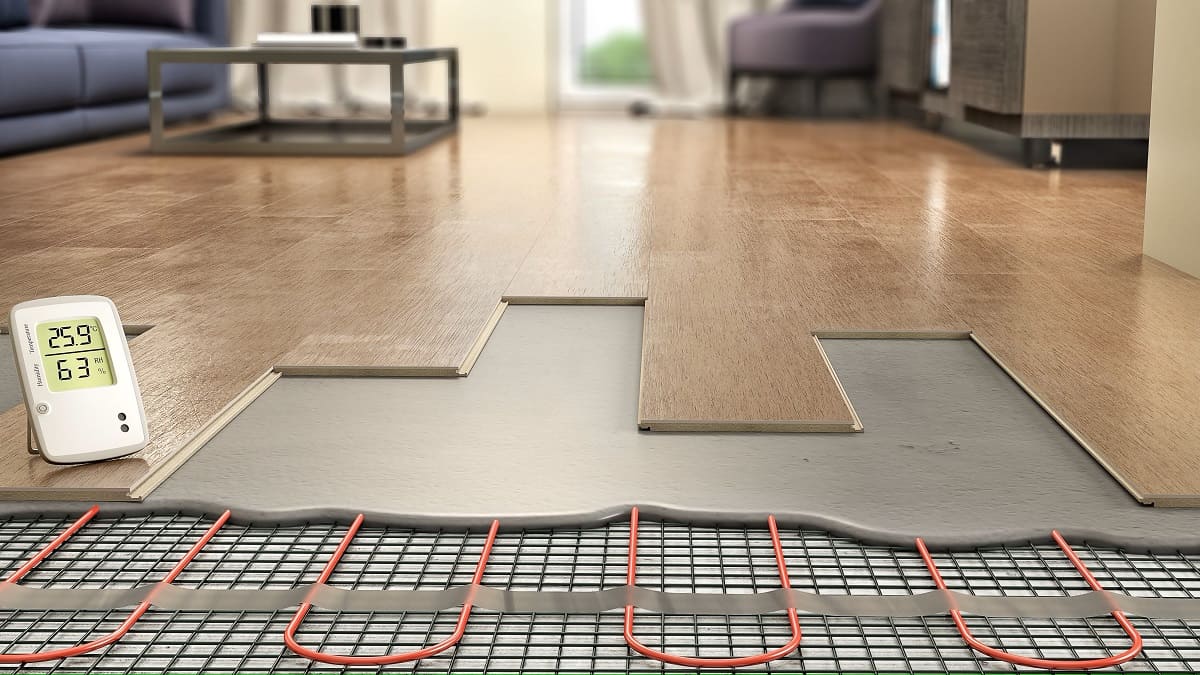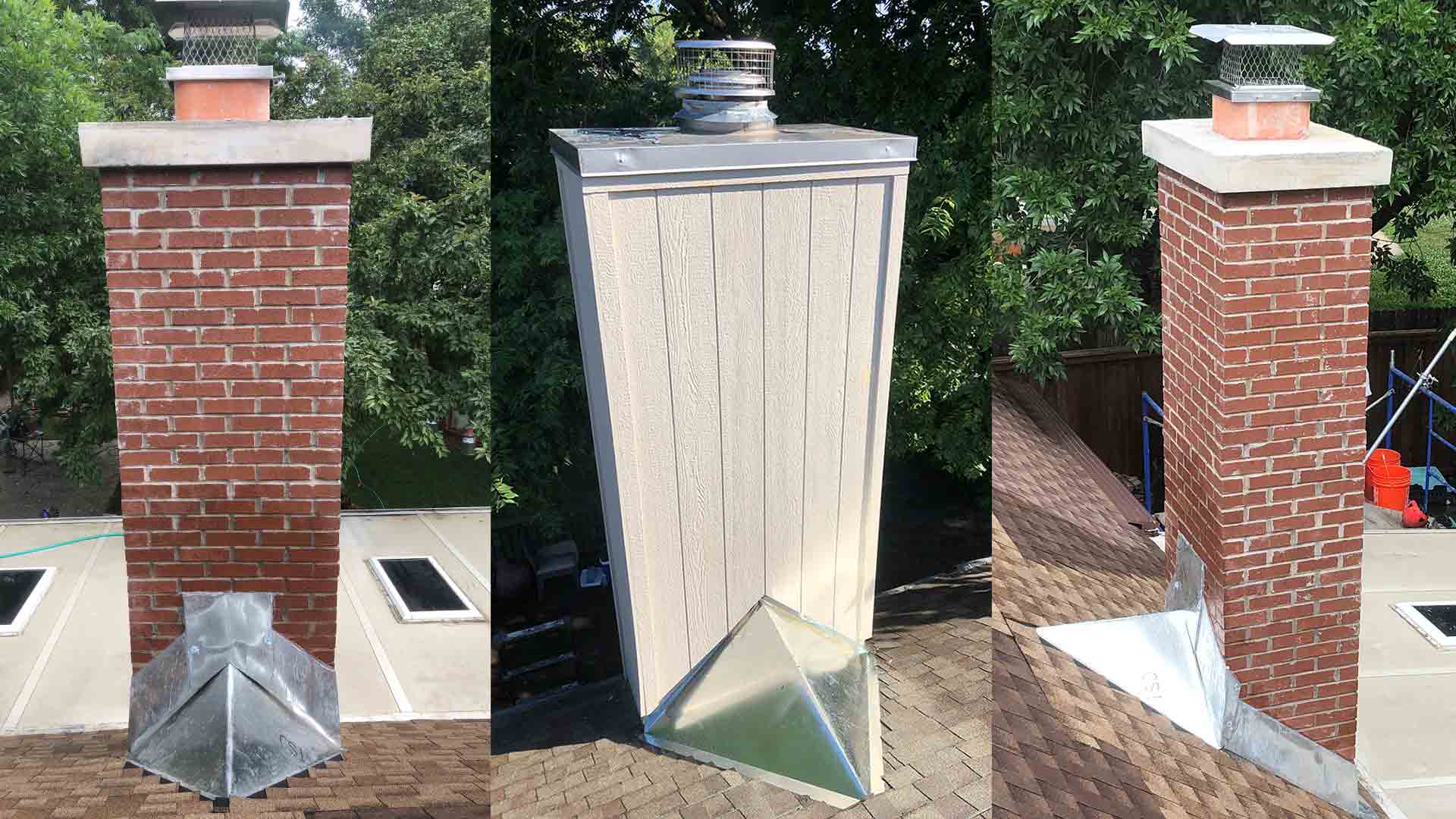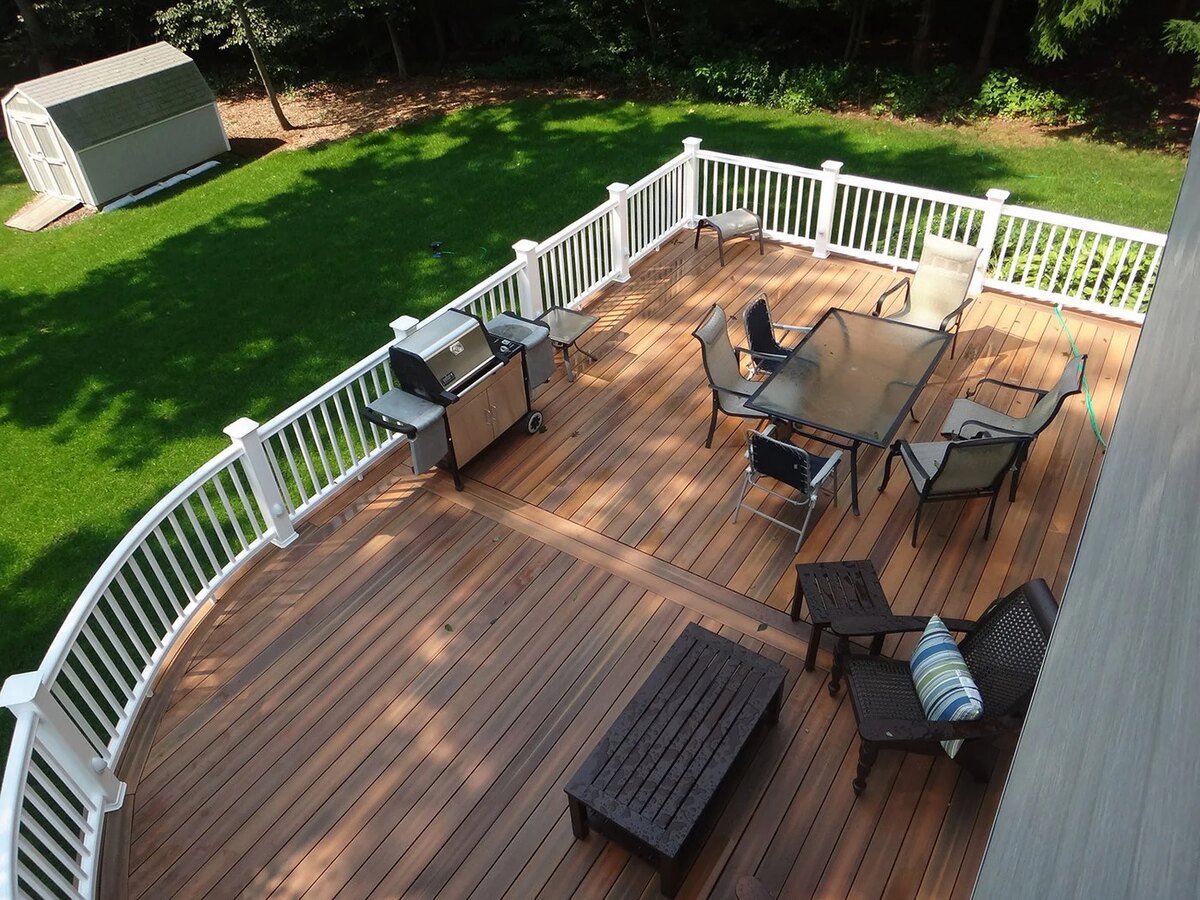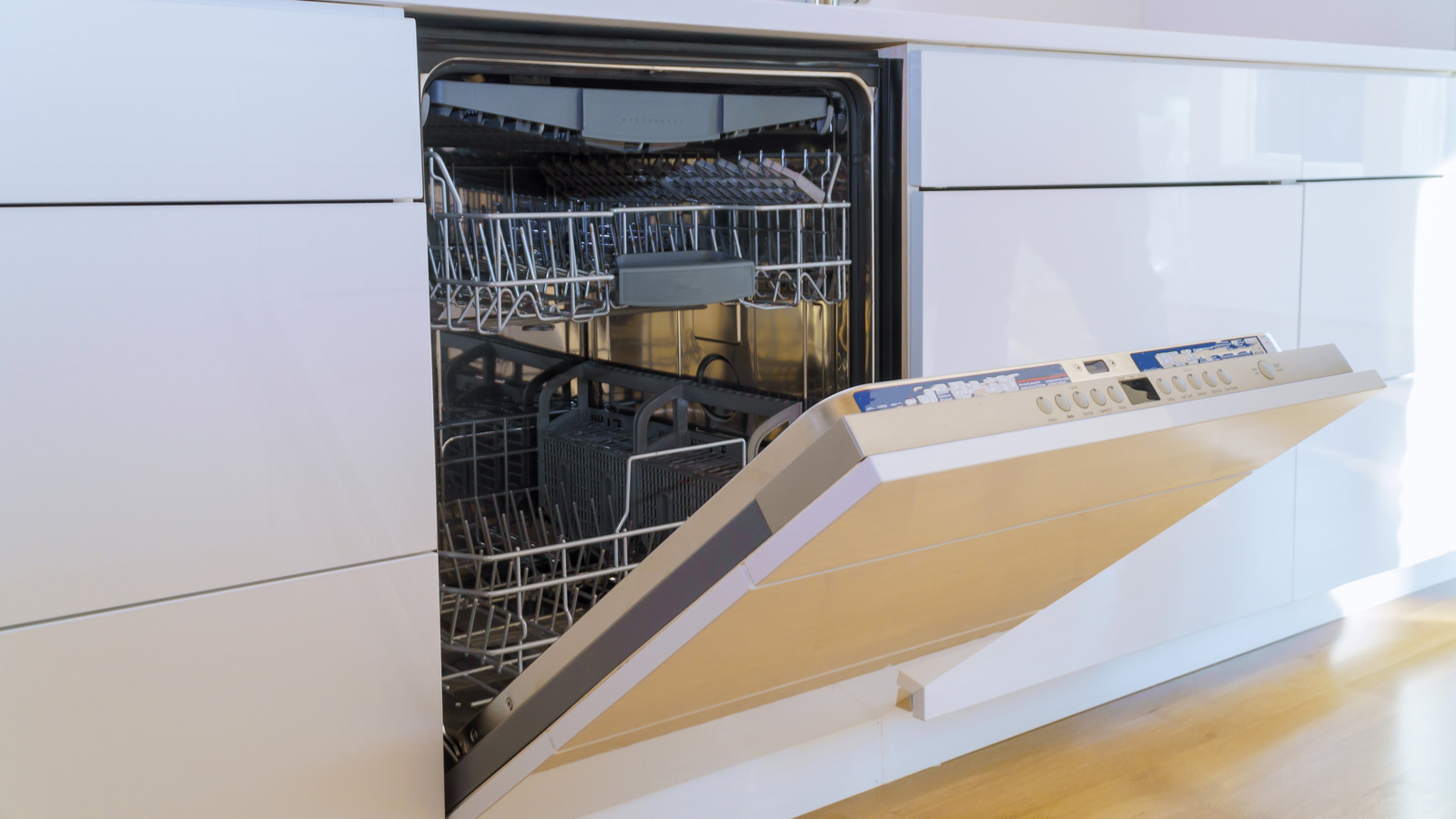Home>Home Maintenance>How Much Does Sewer Repair Cost
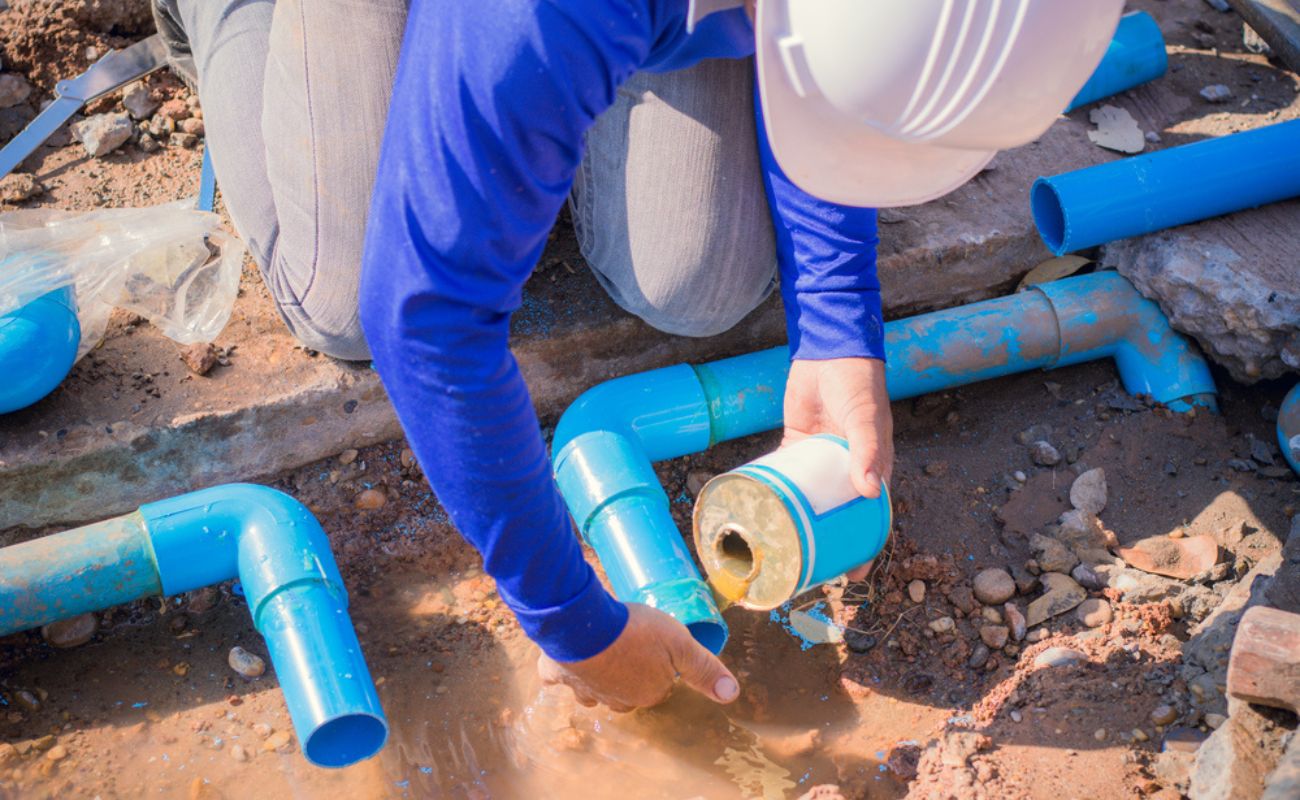

Home Maintenance
How Much Does Sewer Repair Cost
Modified: October 20, 2024
Find out the average cost of sewer repair for home maintenance. Get expert tips and estimates to budget your sewer repair expenses.
(Many of the links in this article redirect to a specific reviewed product. Your purchase of these products through affiliate links helps to generate commission for Storables.com, at no extra cost. Learn more)
Introduction
Welcome to the world of home maintenance and repair! Whether you’re a new homeowner or have been managing your property for years, it’s essential to familiarize yourself with the various aspects of maintaining your home’s infrastructure. One critical component that often goes overlooked is the sewer system. A malfunctioning or damaged sewer line can lead to significant issues, from foul odors to costly repairs.
In this informative guide, we will delve into one essential aspect of sewer maintenance: sewer repair costs. Knowing how much sewer repair may cost you is crucial for budgeting and planning. We will explore the factors that can affect the overall cost of sewer repairs, common repair techniques, and the average cost you can expect. Additionally, we will discuss some essential factors to consider when estimating sewer repair costs and provide tips to save money on these repairs.
Before we dive into the details, it’s important to note that sewer repair costs can vary significantly depending on several factors. These include the type and extent of the damage, the location of the problem area, and the accessibility of the sewer system. Therefore, it’s always recommended to consult with a professional for an accurate assessment and cost estimate.
So, let’s begin our journey into the world of sewer repairs and uncover the mysteries of the cost associated with them. By the end of this guide, you’ll have a better understanding of what to expect and how to make informed decisions about your sewer system’s maintenance and repair needs.
Key Takeaways:
- Sewer repair costs vary based on damage severity, location, and repair method. Seeking professional assessment and multiple quotes can help manage expenses effectively.
- Regular maintenance, prompt action, and exploring trenchless options can save money on sewer repairs. Understanding insurance coverage and financing options can alleviate financial burdens.
Read more: How Much Does Chimney Inspection Cost
Factors Affecting Sewer Repair Costs
When it comes to sewer repair costs, several factors can influence the final price tag. Understanding these factors will help you assess the potential expenses and plan accordingly. Here are some key factors that can affect the cost of sewer repairs:
- Type and extent of damage: The nature and severity of the sewer damage play a significant role in determining the cost. Minor issues such as clogs or small cracks may be relatively inexpensive to fix, while major problems like collapsed pipes or extensive root intrusion can lead to higher repair costs.
- Location of the problem: The location of the damaged sewer line can impact the cost. If the problem area is easily accessible, the repairs may be less labor-intensive and, therefore, less expensive. However, if the damaged section is located beneath a concrete slab or in a hard-to-reach area, the repair process may require additional time, effort, and equipment, increasing the overall cost.
- Size and material of the sewer line: The size and material of the sewer line can affect the repair costs. Larger pipes will naturally require more materials and labor to repair or replace. Additionally, sewer lines made from more durable materials like PVC or cast iron may be more expensive to repair compared to older clay or concrete pipes.
- Permit requirements: Depending on your location, obtaining permits for sewer repair work may be necessary. Permit costs can vary, especially in areas with specific regulations or environmental considerations. It’s essential to factor in these permit costs when estimating the overall expense of sewer repairs.
- Additional repairs or services: During the inspection or repair process, additional issues may be discovered. This could include the need for drain cleaning, sewer line replacement, or even water damage restoration. These additional repairs or services can significantly impact the total cost, so it’s crucial to consider any potential additional expenses that may arise.
It’s important to note that every sewer repair case is unique, and the specific combination of these factors will ultimately determine the final cost. Consulting with a professional plumber or sewer repair specialist is the best way to assess your situation accurately and get an estimate tailored to your needs.
Common Sewer Repair Techniques
When it comes to addressing sewer line issues, several repair techniques are commonly used. The choice of repair method depends on the nature and extent of the damage. Here are some of the most common sewer repair techniques:
- Trenchless Sewer Repair: Trenchless sewer repair has gained popularity in recent years due to its efficiency and minimal disruption to the surrounding area. This method involves inserting a new lining into the existing sewer pipe, essentially creating a new pipe within the old one. This technique is ideal for repairing minor cracks, leaks, or root intrusion without the need for extensive excavation.
- Traditional Excavation: In cases of significant damage or when trenchless repair is not feasible, traditional excavation may be necessary. This method involves digging a trench to access the damaged sewer line for repair or replacement. While this technique is more labor-intensive and can cause disruption to the property, it is still a reliable and effective way to address severe sewer line issues.
- Pipe Relining: Pipe relining is a technique that involves applying an epoxy resin to the inside of the existing sewer pipe. The resin hardens and creates a new, smooth inner lining, sealing any cracks or leaks. This method is often used to address minor to moderate pipe damage and has the advantage of being less invasive than traditional excavation.
- Pipe Bursting: Pipe bursting is a technique used when the existing sewer line is beyond repair. This method involves breaking apart the old pipe while simultaneously pulling a new pipe into place. It’s an efficient way to replace an entire sewer line without the need for extensive trenching.
- Spot Repair: Spot repair is a technique used to fix specific areas of damage along the sewer line. Instead of replacing the entire pipe, spot repair involves cutting out the damaged section and installing a new pipe or liner. This method is suitable for isolated pipe issues without the need for extensive excavation or replacement.
It’s important to note that different sewer repair techniques have their pros and cons, and the recommended method will depend on the specific circumstances. Consulting with a professional plumber or sewer repair specialist is crucial to determine the most suitable technique for your sewer line issue.
Average Cost of Sewer Repair
The cost of sewer repair can vary significantly depending on several factors, as mentioned earlier. It’s essential to keep in mind that these cost estimates are general averages, and the specific circumstances of your sewer repair needs may result in higher or lower costs. Here is a rough breakdown of the average costs associated with sewer repair:
- Minor repairs: For minor issues such as clogs or small cracks, the cost of repair can range from $100 to $500. This primarily includes simple fixes like snaking the drain or patching small leaks.
- Traditional sewer line repairs: For more extensive repairs that require traditional excavation, the cost can range from $3,000 to $6,000 or more, depending on the length of the pipe, depth of the excavation, and the complexity of the problem.
- Trenchless sewer repair: Trenchless repair methods like pipe relining or pipe bursting can cost anywhere from $80 to $250 per foot, depending on the size of the pipe and the extent of the damage. This method is generally more cost-effective than traditional excavation, considering the minimal disruption to the property.
- Replacement of the entire sewer line: If your sewer line requires complete replacement, the cost can range from $5,000 to $25,000 or more, depending on the length of the pipe, accessibility, and any additional factors such as landscaping or concrete removal.
- Additional costs: It’s important to consider any additional costs that may arise during the sewer repair process. This can include permit fees, sewer camera inspections, water damage restoration, or any necessary plumbing repairs. These additional costs can significantly impact the overall expense.
Remember that these are just average costs, and the final price will depend on the specific factors unique to your situation. Seeking multiple quotes from reputable professionals is recommended to get a more accurate estimate for your sewer repair needs.
It’s worth mentioning that some homeowners insurance policies may partially or fully cover the cost of sewer repairs, depending on the cause of the damage. Reviewing your insurance policy and consulting with your insurance provider can provide insights into potential coverage options.
Tip: The cost of sewer repair can vary depending on the extent of the damage, location, and type of repair needed. On average, homeowners can expect to pay anywhere from $1,000 to $4,000 for minor repairs, while major repairs or replacements can cost $5,000 to $25,000 or more. It’s important to get multiple quotes from reputable contractors before making a decision.
Factors to Consider When Estimating Sewer Repair Costs
Estimating the cost of sewer repair requires careful consideration of several factors to ensure an accurate assessment. By taking these factors into account, you’ll be better equipped to plan and budget for your sewer repair project. Here are some important factors to consider:
- Detailed inspection: It’s crucial to conduct a thorough inspection of your sewer line to identify the exact cause and extent of the problem. A professional plumber or sewer repair specialist can use sewer cameras and other diagnostic tools to assess the condition of the pipe. This will help determine the specific repairs needed and provide a more accurate cost estimate.
- Type of repair method: The chosen repair technique will greatly impact the cost. Trenchless methods like relining or pipe bursting are generally more cost-effective than traditional excavation. Consider the advantages and disadvantages of each method, and consult with a professional to determine the most suitable approach for your situation.
- Accessibility of the sewer line: The accessibility of your sewer line will affect the cost of repairs. If the damaged section is easily accessible, the repair process will be more straightforward and typically less expensive. However, if the sewer line is located beneath structures or in hard-to-reach areas, the repair work may require additional time, equipment, and labor, increasing the overall cost.
- Extent of the damage: The severity of the damage directly correlates with the cost of repair. Minor cracks or clogs will generally be less expensive to address than significant pipe collapses or extensive root intrusion. Understanding the extent of the damage will help you estimate the necessary repairs and associated costs more accurately.
- Permit requirements: Depending on your location, permits may be necessary for sewer repair work. Permit costs can vary significantly, so it’s important to inquire about the requirements and associated fees. Including these permit costs in your estimate will help provide a more comprehensive view of the overall expenses.
- Additional repairs or services: During the repair process, it’s possible that additional issues may be discovered. This may include the need for drain cleaning, additional plumbing repairs, or even water damage restoration. It’s important to consider the potential for these additional repairs and services when estimating the overall cost.
By considering these factors and consulting with professionals, you can obtain a more accurate estimate for your sewer repair costs. Remember to request multiple quotes, compare the options, and choose a reputable service provider that offers quality workmanship at a fair price. Taking the time to gather all necessary information and plan accordingly will help you navigate the sewer repair process smoothly and effectively.
Read more: How Much Does It Cost To Replace A Chimney
DIY vs Professional Sewer Repair
When faced with sewer line issues, homeowners often wonder whether they should attempt a DIY repair or hire a professional. While DIY projects can be enticing for their potential cost savings, it’s important to carefully consider the complexities and potential risks involved in sewer repair. Here are some factors to consider when deciding between a DIY approach or hiring a professional:
- Technical expertise: Sewer repair requires specialized knowledge and expertise. Professionals have the necessary training and experience to accurately diagnose and address sewer line issues. If you don’t have a background in plumbing or sewer systems, attempting a DIY repair may lead to further damage or incomplete repairs.
- Safety considerations: Working with sewer lines involves potential health hazards and safety risks. Sewage backups, toxic gases, and exposure to harmful bacteria are just a few of the dangers associated with sewer repair. Professionals are equipped with the necessary safety gear and protocols to mitigate these risks, ensuring the protection of both themselves and your property.
- Tools and equipment: Sewer repair often requires specialized tools and equipment that may not be readily available to homeowners. Professionals have access to the necessary tools and technology to conduct thorough inspections, perform repairs, and ensure long-lasting results. Attempting a DIY repair without the proper equipment may result in temporary fixes or subpar results.
- Complexity of the repair: Sewer line issues can range from simple clogs to extensive pipe replacements. The complexity of the repair should be considered before deciding to DIY. Minor issues like clogs may be manageable for a DIY enthusiast with some knowledge and experience. However, more complex problems, such as collapsed pipes or extensive root intrusion, require professional expertise to ensure proper restoration and prevent future issues.
- Time and convenience: DIY repairs can often take significantly more time and effort, especially for those without prior experience. Hiring a professional allows you to save time and avoid the hassle of researching, troubleshooting, and physically performing the repair work. Professionals can efficiently identify and address the problem, minimizing disruption to your daily routine.
- Insurance and warranties: Hiring a professional for sewer repair often comes with the added benefit of insurance coverage and warranties. Reputable professionals typically have liability insurance and offer warranties on their work. This provides peace of mind and financial protection in case any issues arise after the repair. DIY repairs do not offer the same level of security.
While DIY repairs may seem tempting to save money, it’s crucial to weigh the potential risks, complexities, and long-term implications. Sewer repair is a critical aspect of home maintenance, and getting it right is essential to avoid further damage and costly repairs down the line. Therefore, it’s recommended to consult with a professional plumber or sewer repair specialist to accurately assess the situation and determine the best course of action.
Tips to Save Money on Sewer Repair
Sewer repairs can be a significant expense, but there are several ways to save money without compromising on the quality of the repair work. Consider the following tips to help you minimize costs when dealing with sewer line issues:
- Regular maintenance: One of the best ways to save money on sewer repairs is to invest in regular maintenance. Scheduling routine inspections and drain cleaning can help prevent major issues from developing. By identifying and addressing minor problems early on, you can avoid costly repairs in the future.
- Act promptly: If you notice signs of a sewer line problem, such as slow drains, foul odors, or sewage backups, don’t delay in addressing the issue. Prompt action can help prevent further damage and potentially reduce the cost of repairs.
- Get multiple quotes: When seeking professional sewer repair services, don’t hesitate to request multiple quotes from different providers. Comparing prices can give you a better idea of the average cost and help you identify the most competitive rates. However, price should not be the sole determining factor – consider the reputation, expertise, and customer reviews of the service providers as well.
- Consider trenchless options: Trenchless sewer repair methods, such as pipe relining or pipe bursting, can save both time and money compared to traditional excavation. These methods minimize the need for extensive digging and restoration, resulting in lower overall costs.
- Explore financing options: Sewer repairs can be a significant financial burden. If you’re unable to pay for the repairs upfront, consider exploring financing options. Some plumbing companies offer flexible payment plans or may be able to recommend financing options to help manage the cost over time.
- Regularly clean drains: Regular drain cleaning can help prevent clogs and keep your sewer line flowing smoothly. Simple measures such as using drain screens and avoiding pouring grease or foreign objects down the drain can save you from costly repairs in the long run.
- Understand your insurance coverage: Review your homeowner’s insurance policy to understand what sewer line damages are covered. While policies may not cover all types of sewer repairs, certain circumstances, such as damage caused by a covered peril, may be eligible for insurance claims. Knowing your coverage can help you make informed decisions and potentially minimize out-of-pocket expenses.
- Maintain a healthy landscape: Tree roots can infiltrate sewer lines, causing damage and blockages. Be mindful of where you plant trees and shrubs, keeping them at a safe distance from sewer lines. Regularly maintain and trim tree roots to prevent them from encroaching on your sewer system.
By applying these tips, you can potentially reduce the overall cost of sewer repairs while ensuring the proper functioning and longevity of your sewer line. Remember, it’s important to strike a balance between cost savings and the quality of the repair work. Consulting with professionals and prioritizing regular maintenance will help you avoid expensive surprises and keep your sewer system in optimal condition.
Conclusion
Maintaining a well-functioning sewer system is essential for the overall health and functionality of your home. Understanding the factors that can affect sewer repair costs, common repair techniques, and ways to save money can help you navigate the process effectively.
From minor clogs to major pipe damage, sewer repairs can vary significantly in terms of complexity and cost. Factors such as the type and extent of damage, location, and accessibility of the problem area, as well as the chosen repair method, all play a role in determining the final price tag.
While small DIY repairs can be tempting, it’s important to recognize the limitations and potential risks involved. Sewer repairs require technical expertise, specialized equipment, and a deep understanding of plumbing systems. Hiring a professional can ensure a proper diagnosis and long-lasting repair, allowing you to avoid costly mistakes and further damage.
However, there are several ways to save money on sewer repairs. Regular maintenance, acting promptly at the first sign of trouble, exploring trenchless repair options, and obtaining multiple quotes can help you find affordable solutions without compromising the quality of the work. Additionally, understanding your insurance coverage and seeking financing options can alleviate some of the financial burdens associated with sewer repairs.
In conclusion, taking a proactive approach to sewer maintenance, seeking professional expertise when needed, and utilizing cost-saving strategies can help you effectively manage sewer repair costs. By investing in regular maintenance, promptly addressing issues, and making informed decisions, you can ensure the longevity and proper functioning of your sewer system while keeping costs under control.
Remember, sewer repair costs may vary depending on the specific circumstances of your situation, so it’s important to consult with a professional for an accurate assessment and cost estimate. With proper care and attention, you can keep your sewer system in optimal condition and avoid costly surprises in the future.
Frequently Asked Questions about How Much Does Sewer Repair Cost
Was this page helpful?
At Storables.com, we guarantee accurate and reliable information. Our content, validated by Expert Board Contributors, is crafted following stringent Editorial Policies. We're committed to providing you with well-researched, expert-backed insights for all your informational needs.
